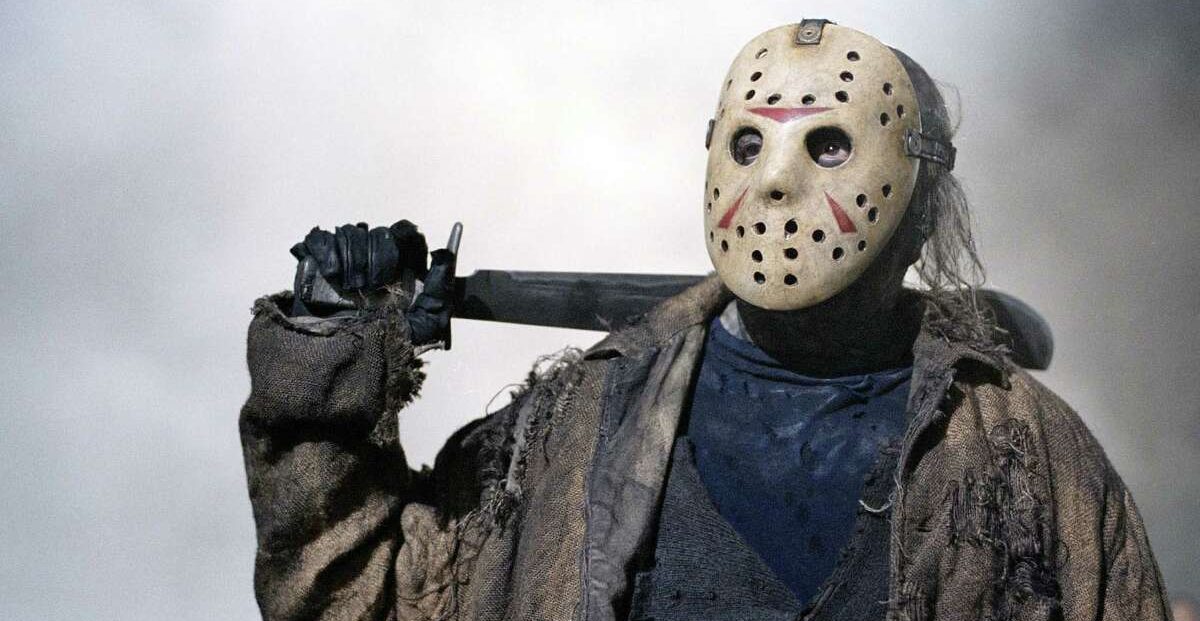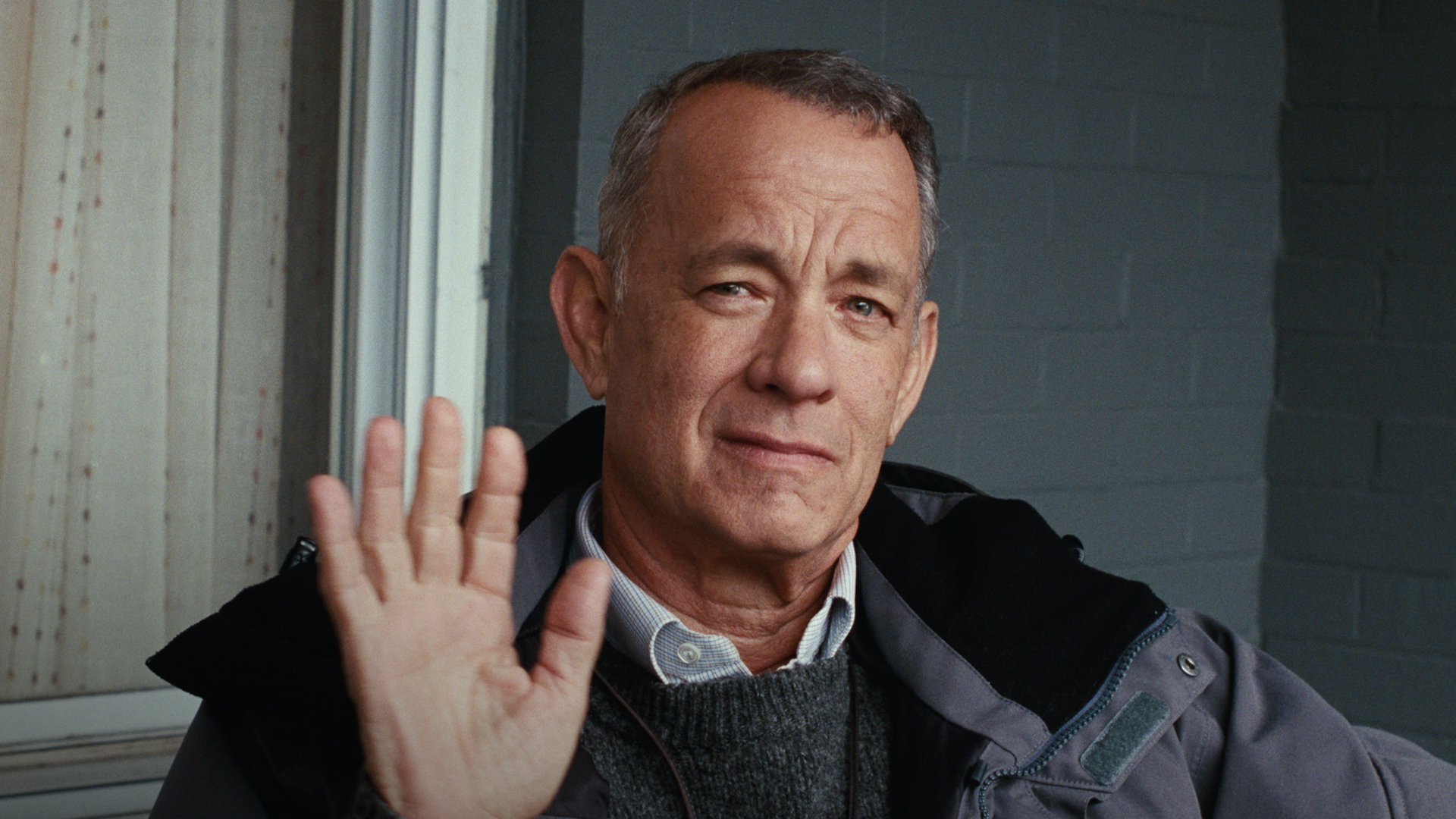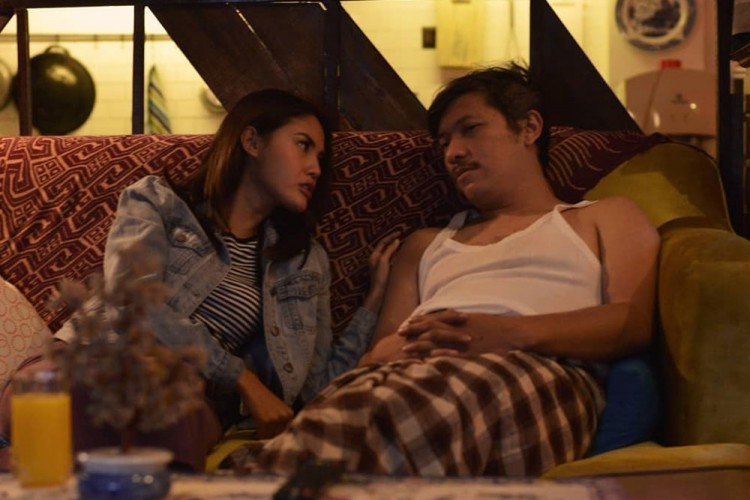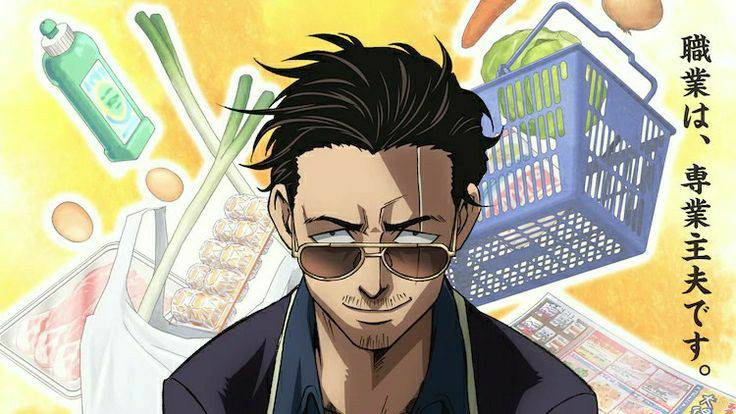Japanese TV shows are a treat sometimes, you got the hilarious fake candy shows, the harmless but fun pranks, and then you got Midnight Diner. A show that first aired in 2009 and since then sprawled another 4 seasons and two movies. What makes this show so well received when it’s essentially about a guy owning a diner that only opens at midnight until 7 AM and him listening to the patrons’ problems and worries?
That’s the thing, that simple premise is the singular thing that ties this show altogether. Every episode is a journey about a customer’s life whether it be a sad sobbing story or a belly laugh one, Master (the diner owner) hears them and offers them a free dish at the right time. Each story will bring you ups and downs, highs and lows of that person’s life and it will captivate you and at the end, leave you wanting more.
This show is not a binge watch, it’s not your typical show that you can sit down on the couch and brave through each season. No, each time you watch a single episode, you’ll be reminded of a similar but different event that happened in your own life. While it’s not every episode, when you find the right story, it hits you deep. And hard. This show makes you contemplate your life’s journey and about the decisions that it took to get you where you are right now.

Decisions that may seem to be outright dumb, decisions that gave you immense happiness, decisions that you regretted, that’s okay. It’s life, you’ll make bad decisions, good decisions, but you’ll never know where it took you until it’s already far ahead in the future. Master (Kaoru Kobayashi) knows this and doesn’t sneer at you for your choice, rather acknowledges them and tries to help whenever he can.
The comfortable atmosphere in the diner itself makes you prone to open yourself up more because of how it seems to be a safe place, a place where even the other patrons won’t judge you, because they’ve already experienced what it’s like to be in your shoes. They too have their own problems that they’ve solved in the diner because of Master, be it directly or indirectly.
There’s one memorable episode for me, it’s the second episode of the first season, where it tells the story of Miyuki Chidori (Tomoko Tabata). A struggling Enka singer who worked at karaokes singing other people’s songs even though she has her own but no one is interested in buying her CD. That is until she stumbles across the Shinya Shokudou or the midnight diner and orders a nekomanma, a dish where fresh grated Katsuoboshi is laid on top of hot rice doused in a handful of soy sauce. A dish that coincidentally Master also likes.

Master being Master, decided to help her by posting her poster on the empty diner wall and try to help get her name across while also letting her meet another regular patron of the diner who is a lyricist named Sakushika. Before doing so however she has to do a concert in front of the other patrons at the time and sing her own song. At the end of the performance, Sakushika gave her a song as a gift because of her beautiful voice.
The song would prove to be popular and sit at the top of the charts for 3 weeks and give her performance after performance because of how popular the song is. This however would prove fatal to her health as not long after a performance she did, she coughed blood and was sent to the hospital. For old times sake, she decided to go see Master and ordered a nekomanma for what might be her last time. A month after that, Miyuki Chidori is reported dead.
Stories like that are what keeps me watching, stories that make me emotionally connected to the life of a person after just tens of minutes knowing them. After watching that episode, I knew that this show is a gem. I need to see more of this. Overall, Midnight Diner is a show where you can cry along to, laugh along to and most importantly of all, a safe haven for those who need it.
Our Score (10/10)
Title: Midnight Diner
Producer: Takeshi Moriya
Director: Joji Matsuoka, Nobuhiro Yamashita, Takuro Oikawa
Screenwriter: Katsuhiko Manabe, Kosuke Mukai, Takuro Oikawa, Kiyoto Wada
Casts: Kaoru Kobayashi, Toshiki Ayata, Mansaku Fuwa, Risa Sudo, Asako Kobayashi, Nahoko Yoshimoto, Tomoko Tabata








